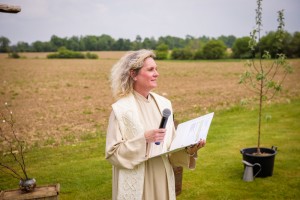Mediation
Facilitating constructive dialogue and resolution
At The Counselling House, our Mediation Services provide a safe, neutral space for individuals, couples, or families to resolve conflicts and reach mutually satisfactory agreements. Mediation focuses on open communication, understanding, and collaboration, helping parties navigate disputes related to relationships, family matters, or other personal conflicts.
Guided by Dr. Laurie Ponsford-Hill, RSW, RMFT, RCAT, RP, sessions emphasize active listening, problem-solving, and respectful dialogue, empowering participants to make informed decisions and maintain positive connections wherever possible.
Mediation is ideal for those seeking a non-adversarial, supportive approach to conflict resolution, and sessions are available in-person or online.
Who offers it: Dr. Laurie Ponsford-Hill, RSW, RMFT, RCAT, RP


